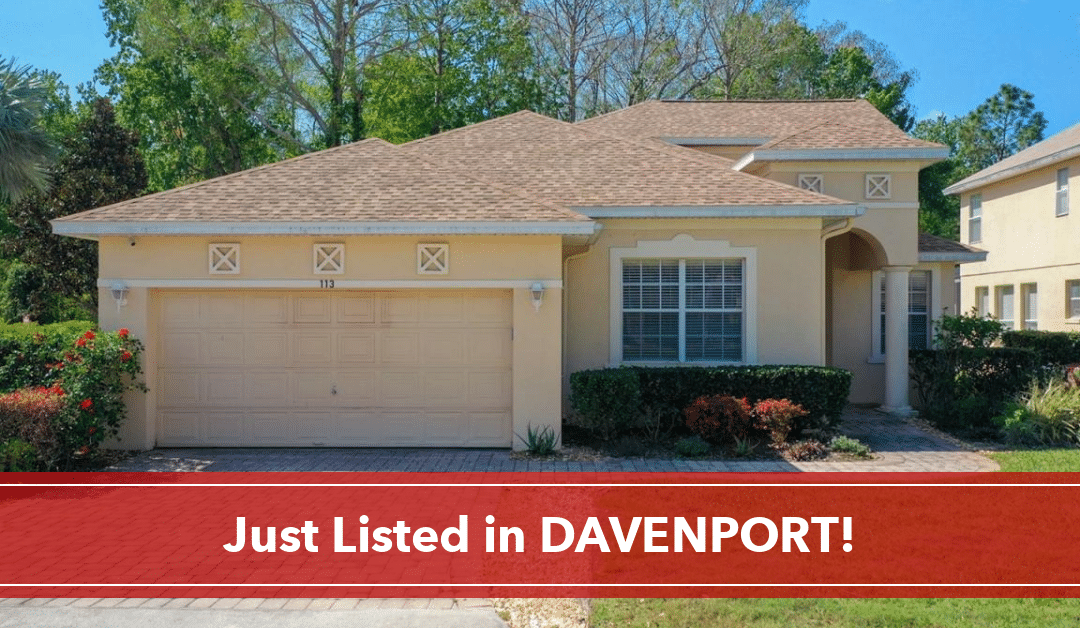
by Elsa Soto | Mar 15, 2023 | Blog, Homeowners, Homes, Villas and Condos, News, Real Estate News, Sellers
Things To Do After Selling Your House Things To Do After Selling Your House Once you close on your home sale, you can walk away and celebrate, right? Well, not exactly! After you sell your house, you certainly should celebrate, but you have more things to think about,...

by Elsa Soto | Mar 15, 2023 | Blog, Homeowners, Homes, Villas and Condos, Investment Property in Florida, New Listing, News, Property for Sale, Property for Sale in Orlando, Real Estate News
113 CYPRESS POINTE BOULEVARD, DAVENPORT, FL Click Here to Get Directions $510000 4bed – 3bath – 0.21 acres lot Photos | Maps & Local | Schools | Print Positioned on an oversized lot in an exclusive community of only 69 homes. Situated towards the end...

by Elsa Soto | Mar 14, 2023 | Blog, Buyers, Homeowners, Homes, Villas and Condos, News, Real Estate News
Steps to Buying a House for the First Time Steps to Buying a House for the First Time The steps to buying a house for the first time might seem complicated—particularly if you’re a home buyer trying to purchase real estate with no prior experience. Between down...

by Elsa Soto | Mar 10, 2023 | Blog, Homeowners, Homes, Villas and Condos, Investment Property in Florida, News, Property Management, Real Estate News, Renters
How to Buy Your First Rental Property How to Buy Your First Rental Property Owning a rental property can be a great way to start investing in real estate. However, buying your first property is just a small portion of running a successful rental business. If...

by Elsa Soto | Mar 8, 2023 | Blog, Homeowners, Homes, Villas and Condos, News, Real Estate News, Sellers
Reasons Home Sales Are Falling Through Today Reasons Home Sales Are Falling Through Today For the past few years, anyone who wanted to sell their home was pretty much guaranteed a buyer, but that’s no longer the case. During the height of the COVID-19 pandemic,...

by Elsa Soto | Mar 1, 2023 | Blog, Homeowners, Homes, Villas and Condos, News, Real Estate News, Sellers
How Much Is My House Worth? How Much Is My House Worth? Maybe you’ve been inspired by those “Sold” signs in your neighborhood; maybe you’re just ready for a change of scenery. Whatever the case, a great way to get an idea of how much your home is worth is to...








